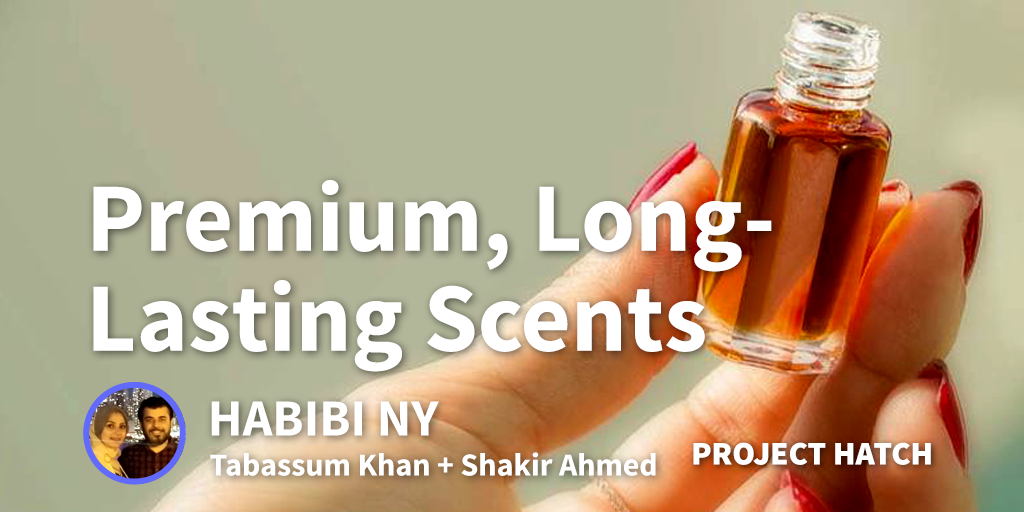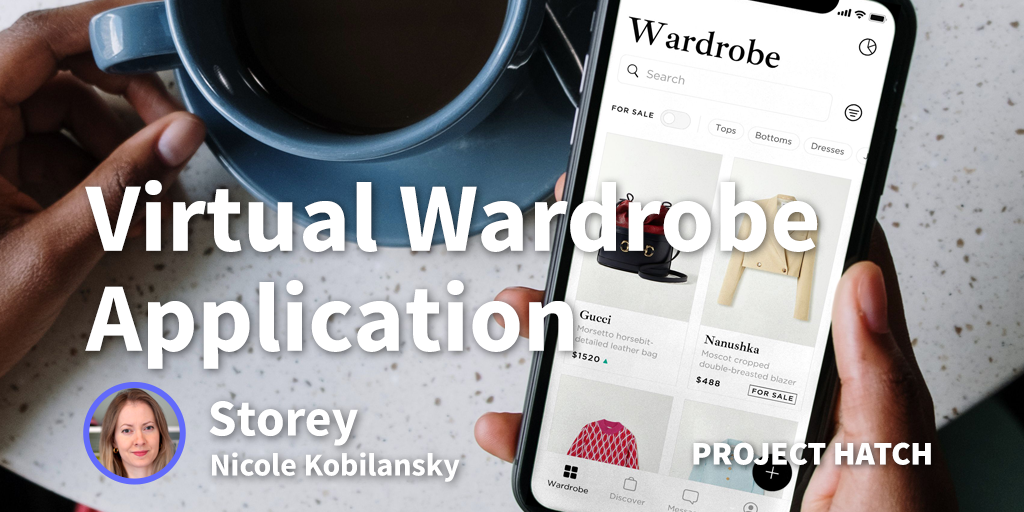Davide Marin and I, Manuela Pipino, founded Lumi Industries srl in 2014, but the idea itself was born the year before. Davide got a degree as a computer expert in high school and went for a couple of years to computer engineering university. However, due to personal issues he could not complete his course of study. He found a part time job as a shop assistant in an electronics store chain.
In his spare time, he still continued to cultivate his knowledge and expertise surfing the net for information, exploring different forms of arts like sculpture, engravings with pyrography, drawing and his favourite, photography. He also dedicated time to develop product designs, as a self taught designer, and got good results in a couple of design contests like Special mention LG Oled lamp design contest and Champ Golf Spike Futures design Competition: 3rd place.
He also continued to explore electronic engineering developing several projects based on Arduino and got interested in 3D printing. In 2013 he presented several of his projects at the first Maker Faire European edition in Rome.
One of them got the attention of the public and international press: Lumifold, the first resin based portable 3D printer, introducing the idea of portability in the world of stereolithography Additive Manufacturing. At the same time, he started a home-made crowdfunding campaign on Indiegogo which succeeded, selling over 30 pieces, not bad for a hobbyist who made everything by himself without any previous experience. The idea was validated.
At that time, I was working as a clerk in a company. I graduated in Arabic and I worked for a couple of years in Cairo for a cooperation project. Later I was working as a project manager in India, where I founded a subsidiary for an Italian manufacturing company. This gave me a basic experience on how to run a small business. I liked Davide’s ideas and his ingenuity, and I decided to support him, helping in the production of these first 3D printers in our garage.
We decided that we had to take risks. We quit our jobs and applied to the acceleration program of one of the biggest digital startup incubators in Italy, H-Farm, whose founder Riccardo Donadon was immediately fascinated by our projects and accepted us with enthusiasm.
They helped us turn an idea into business and provided a first €75K seed investment.
Who is your target demographic?
Our initial idea was to support Makers and hobbyists to develop their projects thanks to our 3D printing devices. This was the aim of our following 3D Printer Lumipocket which was again created thanks to the support of our backers and to a new crowdfunding campaign on Indiegogo and on local platform Eppela. With our big surprise, most of our backers weren’t hobbyists, but professional jewellers, designers, miniature makers.
The device was so accurate that a lot of professionals started to use it for their work, providing a further validation to our work and leading to our next 3D printer models.
In 2016, we got the chance to start an ongoing cooperation with multinational company Ivoclar Vivadent, one of the leading companies in the dental industry worldwide. As one of their open innovation partners, we worked on a complex hardware project from concept development to the realization of working prototypes to demonstrate the feasibility of our joint ideas.
How did you fund the idea initially?
We used crowdfunding a lot, and we are proud to be among the few Italian companies completing 4 successful crowdfunding campaigns out of 4!
We believe in the power of crowdfunding! We are the living proof that this tool can really help inventive people with big ideas, little money and no external support, like us. Crowdfunding helped us validate our projects, gave us international exposure and the chance to make a living out of our passion.
Where did you meet your cofounder/founding team?
While at H-Farm for our incubation program, we met a promising guy who got interested in collaborating with our project and we decided to found the company together. However, we got different points of view on how to run the company and develop our products. After one year, he decided to leave.
In the meanwhile, other two guys had joined the team, later they found other opportunities and left. Many interns worked with us and in 2016 we hired two enthusiastic and reliable guys, who became our employees.
Any tips for finding first employees?
We found out that one of the most difficult things is to find the right reliable people to collaborate with, especially in this early stage of a company.
When a team is small, different tasks can fall upon the shoulder of the same person. The most important thing is enthusiasm, flexibility and commitment to the project.
Did you run any companies prior?
None of us run a company previously. I founded and ran for three years a subsidiary in India for an Italian furniture company. I was taking care of clients, suppliers and management, so I had a vague idea on how to run a small business. Davide had experiences mainly in sales and marketing, beside product development.
What motivated you to start your own business?
Ingenuity, passion and the belief that we are doing something that can improve people’s life or work is what has always motivated us.
Our motivation has always been fuelled by external validation of our ideas when we showed them to the public: a good review on an international magazine, positive feedback from our clients and from the exhibitions we attended.
What were your family and friends first thoughts on your company?
Our families were not happy at the beginning, they thought we were crazy to quit our stable jobs to jump into the unknown. But we told ourselves that it was at that time or never. We understood that it was not going to be easy, that we had to work hard as never before, sometimes for a little return and that we may have even failed, but we thought it was better to live with the regret of not having tried at all.
What motivates you when things go wrong? What is the end goal?
As mentioned the motivation comes for the passion we have in what we do and from the return in terms of appreciation we get from the public, even if sometimes it does not always turn into revenue.
The end goal is to give our contribution to improve people’s way of work with our 3D printers and our R&D activities. But also about improving people’s life, this is why beside our normal activities we like to develop assistive projects through our social responsibility program: Lumi Cares.
Do you have any advice for someone just starting out?
Be prepared to work hard. Be aware that things will not come easy.
Ask yourself if what you offer is what people are looking for (Do you solve a problem?)
Focus on your target clients and their needs.
Be careful on how you spend your money.
What has driven the most sales?
At the beginning it was crowdfunding. Socials help in creating awareness on what you propose, but, even in this technological world, the most valuable sales driver is word of mouth!
Total products sold is around 450 units of all our products. Our turnover is still not so big, around €250 K per year, but it allows us to go on with our passion and we do hope we will soon be able to grow more.
What is stopping you being 3x the size you are now?
Competition became hard in the Additive Manufacturing market. Moreover we are located in one of Italy's most productive areas, Treviso's province. However, contrary to our expectations it proved very difficult to work with local companies or just to join forces for some shared development project. It was much easier to collaborate and propose our services and ideas to foreign companies, like multinational Ivoclar Vivadent and other with whom we have been working and we still work successfully.
Our R&D for third parties, switched the focus on confidential projects, and made sometimes difficult to market our won products properly. But our products and our projects are always very particular, different from what you normally get.
We develop our devices with a special care for user experience (since we are users before being producers) and for the outlook of our devices (we are Italian, and we cannot compromise on design!).
Like our latest professional Lumi³ it looks like a normal 3D printer, but there are at least 10 special features and two patent pending, that makes it unique to make people save money, time and headaches.
We try to look at things from a different perspective, we like to develop fresh and really innovative ideas, introducing unusual and sometimes futuristic features. We introduced portability in resin 3D printing when nobody was even thinking about it. But now we are taking a 3D printer to the space and portability is becoming an issue!
This is why we still have our space in the market and even big companies like Ivoclar Vivadent reached out to us to collaborate with them as external R&D partner.
How do you protect yourself from competition?
We are aware that to attain a certain level of accuracy and quality in the hardware products we offer and to be able to proceed with our mission, we need to protect some of our ideas with patents. Our first patent is on New Lumifold unique mechanical system, a project Davide was dreaming about since the very beginning of this story.
However, as inventors, Makers and innovators, we also believe in the power of Open Source, which means to grant to anyone the permission to use, modify and improve a product software source code, design, or content.
For this reason, at Lumi Industries, we decided that aside from products covered by patent, because of their development and nature, we will always propose Open Source Projects that can involve the Maker community for the sake of innovation, advancement, and evolution of the idea itself.
Text To Braille converter and Lumipocket LT All-in-one resin 3D printer, are projects for which you can find Open Source details. This year we went even further introducing LumiBee: a free project anyone can download and modify to create his/her own 3D printable resin 3D printer!
What are the top 3-5 apps your business could not run without?Why are they essential?
The most important one is Google Drive which allows us to share files and documents without the need to set up a server.
Hangout allow us to share immediate messages and information.
Skype to contact clients, suppliers, business partners and prospects.
When we had more team members, sometimes working remotely, we used a lot of Slack.
What are the next products you’re working on?
The power of our companies are ideas! Our CEO Davide Marin is everyday coming up with new solutions. At the moment, beside trying to make 3D printers smaller and more portable like with PicofAB, we are working on a couple patentable disruptive ideas that aim to speed up resin based 3D printing process and make it become more similar to a real production process.
We are looking for partners who may be interested in supporting the development of these ideas. So if we tackled your curiosity, just contact us to know more about it.
Beside keeping updated our current customers with new devices, since we are very good in transforming a mere idea into a final working prototype, we imagine us to become more and more involved into Open Innovation partnership with other companies in need of fresh ideas for their products.
It is difficult to sell a company like Lumi Industries, because the real core of the business are the innovative solutions our team can come up with! It is easier to think about handing over single projects. But our real dream is to partner with a company who can see beyond, because our feeling is that we are sometimes ahead of times.
| Company Name: | LUMI Industries |
|---|---|
| Founder: | Manuela Pipino |






